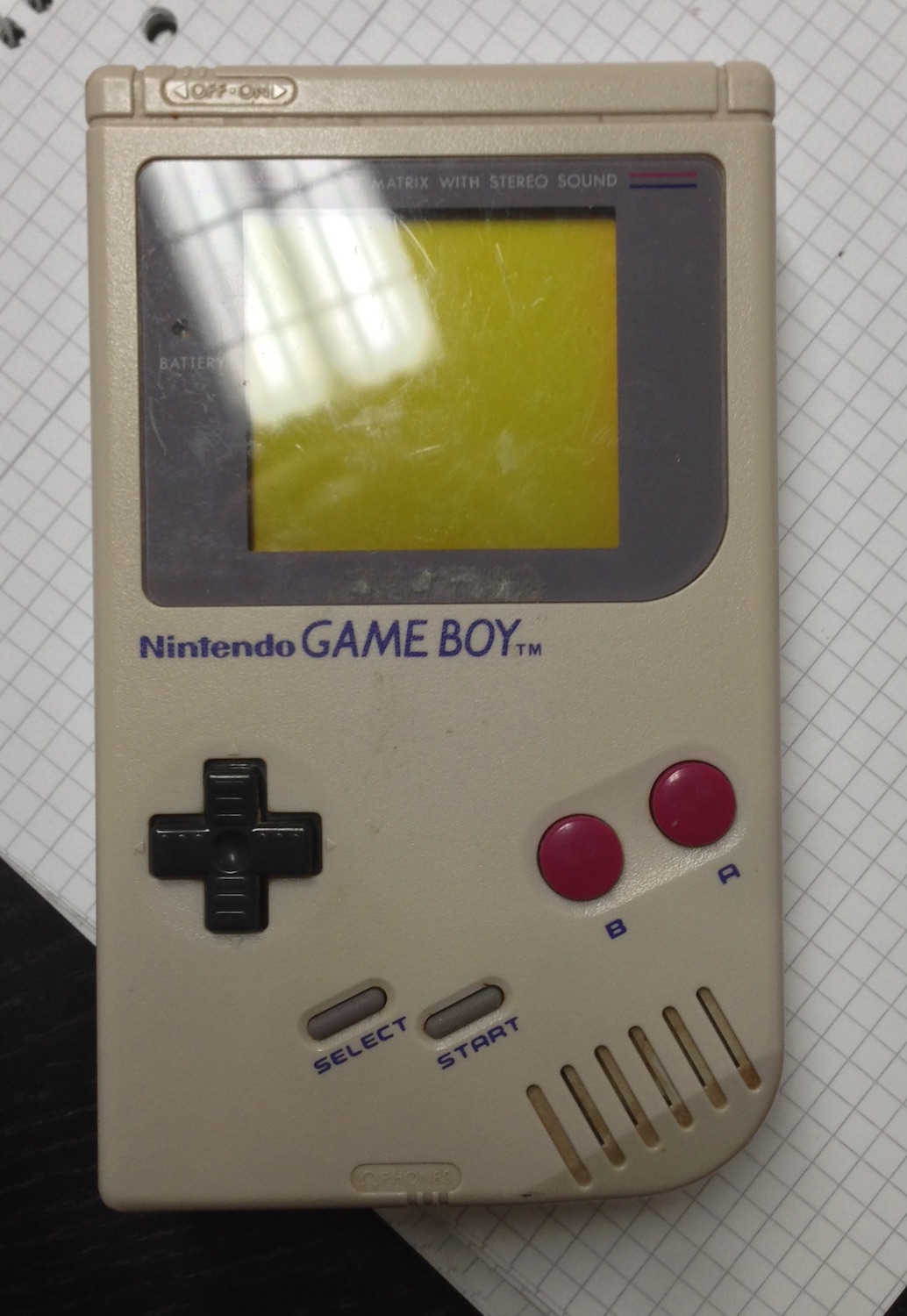Category: Blog
-
After the hype: Finding the right NoSQL data store
A choice of decision for a NoSQL data store depends on several factors. It’s no longer a hot-or-not decision. The big hype is over, reality comes back now.
-
Redis Client lettuce 3.0.1 Final released
lettuce 3.0.1 was released. This is a bugfix release fixing some major bugs. This release contains: Fixes Test improvements for more stability URI for sentinel connections Provide static syncHandler Handle premature channelInactive while ongoing close (avoid NPE) Fix signature of clusterSlaves #18 Fix SCAN command with scan args Enhancements Optimized CRC16 calculation (thanks to Jedis…
-
Redis Client lettuce 3.0 Final released
lettuce 3.0 was released. Lettuce is a scalable thread-safe Redis client providing both synchronous and asynchronous connections. Multiple threads may share one connection provided they avoid blocking and transactional operations such as BLPOP, and MULTI/EXEC. Multiple connections are efficiently managed by the excellent netty NIO framework. Support for advanced Redis features such as Sentinel, Cluster…
-
logstash-gelf 1.5.3 released
I’ve released today logstash-gelf 1.5.3. This is a bugfix release for Hadoop Hive users. I did not announce release 1.5.2 the last time. Apologies for that.
-

RaspiBoy, Raspberry Pi Gameboy, SuperPiBoy: I created mine, here’s how to create yourself one
A while ago I was inspired by the story of Gameboy to SuperPiBoy, a Raspberry Pi within a Gameboy case. This was reason enough to start my own project. I was owner and a fan of a Gameboy at the age of 10. My RaspiBoy features: 3.5″ TFT display 32GB solid state drive RasperryPi inside…
-

Retr0bright, how to make old computer cases nice and shiny again
I’m progressing on my RaspiBoy project. So I’m getting in touch with a couple of yellowish Gameboy cases and game cartridges. Older game console cases, such as Gameboy, Nintendo NES, Commodore 64 and so on, start yellowing. The more sun they get the more yellow they become. There is finally a solution (beside sand paper…
-
Caching made easy with CDI and Infinispan
When CDI and Inifispan meet you’ve got the chance to improve your code a lot. Let’s combine both to make all of your CDI beans @Cacheable. Caching of values usually goes this way: public String getSomething(String input) { String result = cache.contains(input); if(result == null) { result = getValueFromDatabase(input); cache.put(input, result); } return result; }…
-
Announcement: lettuce 3.0.Final is coming mid-September 2014
When releasing lettuce 3.0-Beta3 I was sure this will be the last beta of lettuce 3.0. In the mean time lots of stuff came up: New redis features around clustering, new commands and data structures. On the dev side there was low test coverage and instabilities during the build. This were the reasons to release…
-
Redis Client lettuce 3.0.Beta3 released
lettuce 3.0.Beta 3 is out now. The new redis commands provide in addition to the basic support also data structures and parsers. This is to support common implementation tasks and to ease adoption. The Beta 3t is a surprise, because I wanted to release the final after Beta 2. Meanwhile, redis added lots of features…
-
The 95 percent
Test-driven development is a life-assurance for several software projects. I’ve started about 10 years ago with test-driven development. Since then I fell into the mantra writing test code then production code run the test and start over. Sometimes even model and interface first then test code then production code and so on. This way less…